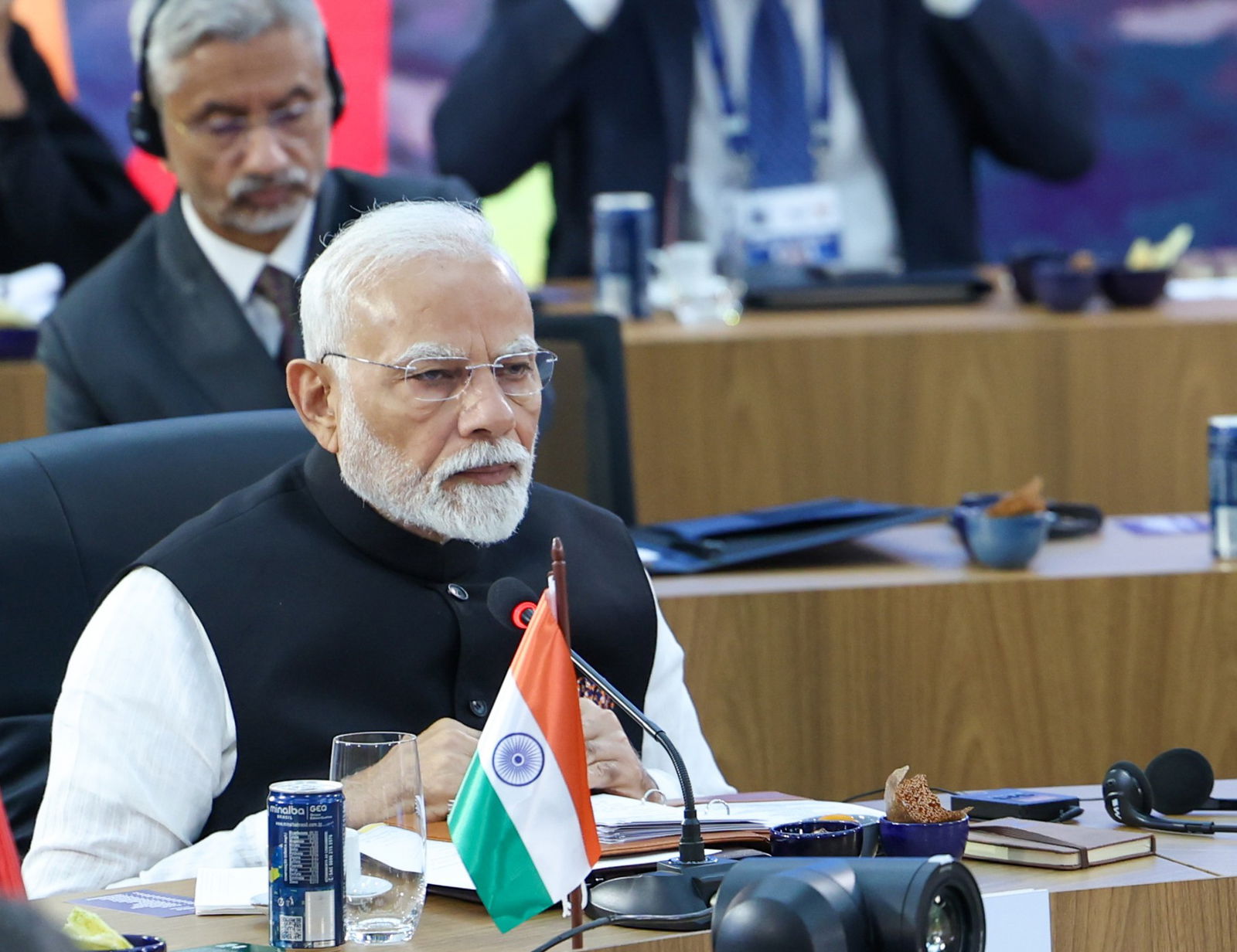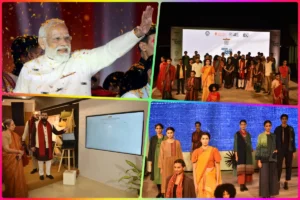
Prime Minister Narendra Modi, during the inaugural session of the BRICS summit in Rio de Janeiro, strongly emphasised the need for reform in global institutions.
Drawing on the rapid advancements in artificial intelligence (AI), he argued that it is no longer acceptable for key global bodies to remain unchanged for over 80 years.
A call for change in global institutions
In his address, PM Modi said, “In this era of AI, where technology updates on a weekly basis, it is unacceptable that global institutions haven’t undergone an update even once in eighty years.”
In this era of AI, where technology updates on a weekly basis, it is unacceptable that global institutions haven’t undergone an update even once in eighty years.
21st-century software can’t run on a 20th-century typewriter!
— Narendra Modi (@narendramodi) July 6, 2025
This bold statement illustrates how outdated global structures have become in a world where technology is evolving at an unprecedented pace, saying, ‘You can’t run 21st-century software on 20th-century typewriters!’
PM Modi’s remarks align with India’s ambitious IndiaAI Mission, a national initiative designed to revolutionise the country by harnessing the potential of AI across various sectors.
The mission focuses on ensuring the safe and responsible development of AI, with a strong emphasis on ethical practices, safety, and accountability.

The mission also seeks to create frameworks that empower innovators and enable the democratisation of AI benefits, ultimately aiming to touch millions of lives.
The Prime Minister also highlighted that the safe deployment of AI will play a critical role in empowering businesses and transforming the lives of ordinary citizens, especially those in underserved communities.
He stressed that AI should not only be a tool for economic growth but also a force for social good, benefiting all sectors of society.

Reforming global institutions for a new world order
PM Modi also called for a new, multipolar world order that reflects the current realities of global power dynamics.
He stressed that this shift could only be achieved through comprehensive reforms in international institutions.
The reforms, he explained, must go beyond symbolic changes, focusing on real, impactful adjustments to governance structures, voting rights, and leadership positions.
The Prime Minister also made it clear that global institutions must give priority to the needs and challenges faced by countries in the Global South.
These nations, he said, should be at the forefront of policymaking, as they are often the ones most affected by global decisions.
BRICS expansion as a sign of global evolution
As part of his address, PM Modi welcomed the expansion of BRICS, highlighting the importance of including new partners to ensure that the bloc remains relevant and adaptive to the changing global landscape.
He pointed out that BRICS’ expansion symbolised its ability to evolve with the times, much like the rapidly advancing fields of technology and AI.
India’s leadership, according to PM Modi, is committed to rising above national interests and working towards the greater good of humanity.
This approach, he said, reflects India’s vision for an inclusive and balanced global order.
In conclusion, PM Modi’s statements at the BRICS summit are a call to action for global institutions to modernise and reflect the aspirations of a multipolar world.
India’s leadership in AI and its push for reforms in global governance are central to its vision of shaping a more equitable and progressive global order.
Also read: PM Modi Criticises Outdated Global Institutions; Urges Reform At BRICS Summit In Brazil
To read more such news, download Bharat Express news apps





















